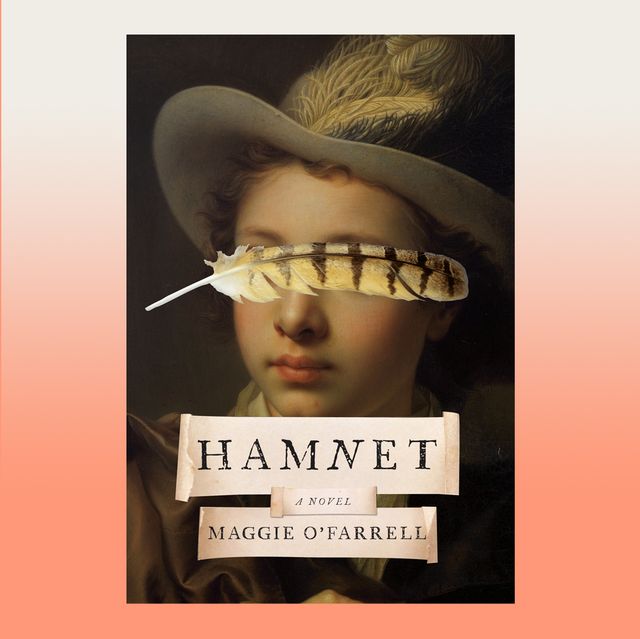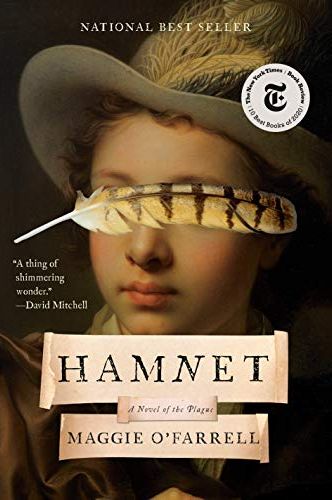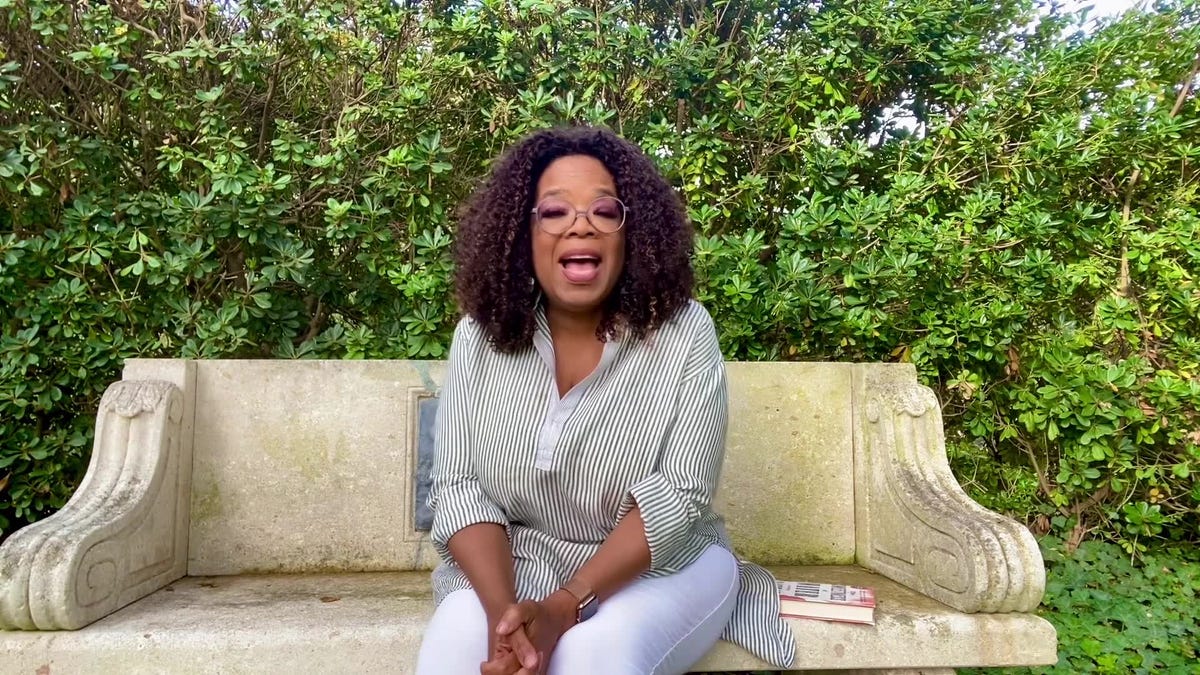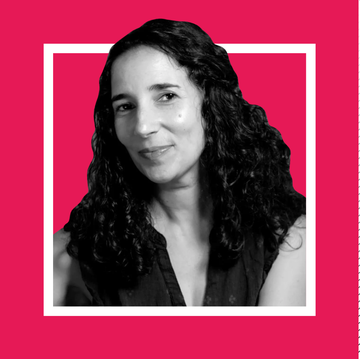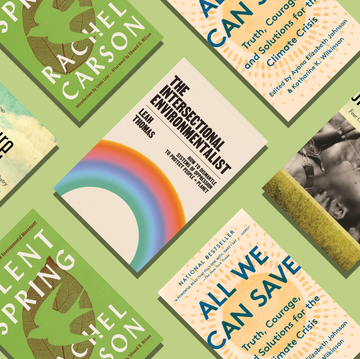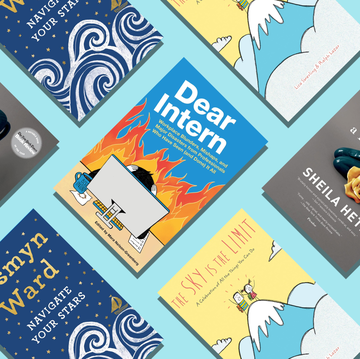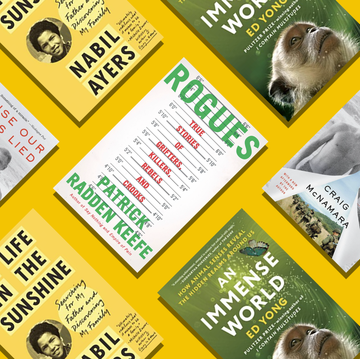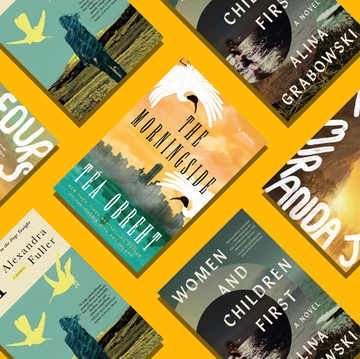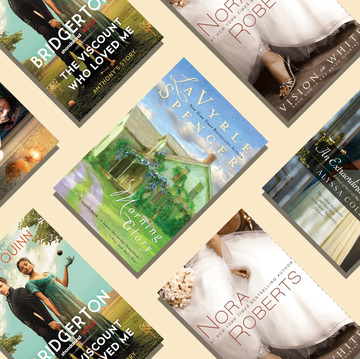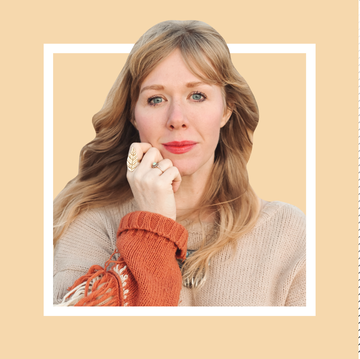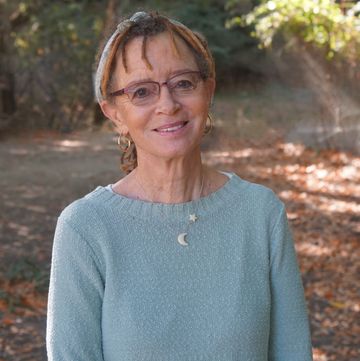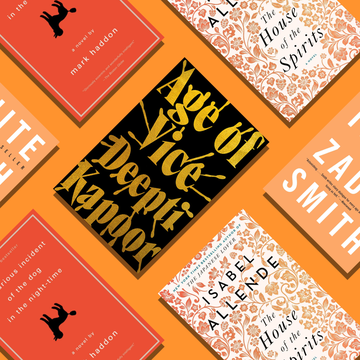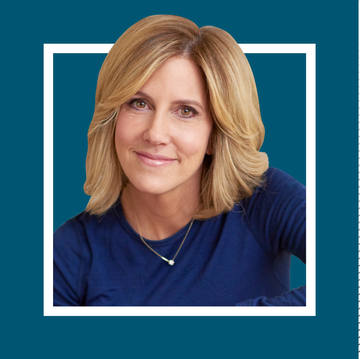Books have seen me through the pandemic. It’s almost a cliché among bibliophiles, but each week I run across this sentiment on Twitter and Facebook, in long-distance phone chats, over brie and bottles of chardonnay in nearby Prospect Park. And then there’s the novel that sees you, almost literally, in this unprecedented year, plots mirroring the trajectory of your life, reversals of fortune identical to your own. Characters who glide off the page and sit on the edge of the bed, soothing your anxiety with whispered confidences―they complete your sentences, complete you.
Imagine my surprise when an Elizabethan odyssey became a roadmap through a year like no other.
In January I lost my 18 year old son, Owen, to sepsis; the infection swept in like a wildfire, ravaging his body and snuffing him out in under forty-eight hours. The previous week Covid-19 cases had peaked in the U.S. while violent insurrectionists had flooded into the nation’s capital. Grief–my grief–felt like a footnote to a vast malevolence, a ripple in a hurricane. The best way to mourn, I vowed, was to go off grid. I hunkered down in my Brooklyn apartment, throwing myself into a skeleton list of tasks: indulging my wife and two other teenagers with Indian take-out, double-masking at the gym, grooming the cats, hauling out garbage and recycling bins. And I read books—not only for work, but also for nourishment I craved but couldn’t quite understand. The less my mind rested, I figured, the less restlessness would surge through me, like a virus.
Which led me to Maggie O’Farrell’s Hamnet, published last year to universal acclaim and named one of 2020’s five best works of fiction by the New York Times Book Review. I was late to this stunning beauty, but in this case tardiness was a virtue: I picked up Hamnet at the moment I needed it most.
In precise, lavish detail, O’Farrell recreates the story of Shakespeare’s only son (also known as Hamlet), who succumbed to bubonic plague in 1596 at the age of eleven. She shifts between decades flawlessly, braiding the foreground narrative with the personal history of the enigmatic Agnes Hathaway, the Bard’s wife and mother of his three children. The abrupt subtraction of one. In O’Farrell’s telling the boy slips away fast. His father is summoned from the London stage and dashes back to the homestead in Stratford-upon-Avon but is too late. Agnes leans into her final maternal duty: she stitches Hamnet’s shroud, washes and dresses his body for burial.
“She begins at the face, at the top of him. He has a wide forehead . . . She dips the cloth, she washes, she dips again . . . The third finger of his right hand is calloused from gripping a quill. There are small pits in the skin of his stomach from when he had a spotted pox as a small child . . . Agnes looks at her son. The birdcage ribs, the interlaced fingers, the round bones of his knees, the still face, the corn-coloured hair, which has dried now, standing up from his brow, as it always does. His physical presence has always been so strong, so definite.”
I lacked Agnes’ resolve. After Owen passed away that bright cold January morning–measured in minutes, the stutter of alarms, ICU doctors yelling across a carousel of CPR–I came to his bedside. The tumult had ebbed away; there was a hush in the room. The physicians disconnected his ventilator and dimmed the monitors. His breathing tube stubbed out a few inches like a lopped umbilical cord, a smear of blood and gauze around the stoma. I touched his curls. He seemed himself, just asleep. Pink-cheeked, slack-jawed, lips a rosebud. Later his complexion would ashen, his tongue loll, slug-like, from his mouth.
Two nurses nudged me aside and asked whether they could clean him up before my wife arrived at the hospital. Fresh linens, a starched gown. I said yes, but that I wanted to wait out in the lobby, where for an hour I huddled over my cell, scrolling through contacts, veering from call to call. I must have spoken, in nervous fragments, to at least a dozen family members and friends, but I can’t say for sure. In Agnes O’Farrell captures that sense of light-headed disbelief, an instinct to connect what just happened with a larger story: there’s a global pandemic on and my son just died.
After Hamnet’s funeral, a torturous affair–Agnes is “hollowed out, her edges blurred and insubstantial”—her husband once again heeds the siren call of the theater. He can only mourn by going on with the show; he’s already mulling a new piece, a ghost haunting a disaffected Danish prince. The Bard’s daughters act out: Susanna tantrums while Judith, Hamnet’s twin, weeps in silence. Agnes hobbles around in a daze, immersed in country life, tending gardens, keeping bees in a skep. Only in the novel’s last pages when, years later, Agnes journeys to the Globe Theater to watch a performance of Hamlet, can she reconcile her tragedy with an art that transcends and sustains. The play’s the thing, with many allusions to her son. “The knowledge settles on her like a fine covering of rain,” O’Farrell writes. “Her husband has pulled off a manner of alchemy.”
We seek that alchemy from our masters, Shakespeare to O’Farrell and beyond. We seek to be seen in our most private, stripped-down moments. Recently I was having drinks with an acquaintance, a writer, in a garden tucked behind a trattoria in Greenwich Village, when he asked how many children I had, boys, girls? I fumbled the tense—I have . . .uh . . . had three boys, but now only two—before segueing into a précis of my loss. He sat across a rickety table, eyes glistening with tears, but the moment wasn’t heavy, far from it—I’d learned a thing or two about subtraction from O’Farrell. Just now I’m holding the novel in my hand, flipping it open, and finding my reflection there.
A former book editor and the author of a memoir, This Boy's Faith, Hamilton Cain is Contributing Books Editor at Oprah Daily. As a freelance journalist, he has written for O, The Oprah Magazine, Men’s Health, The Good Men Project, and The List (Edinburgh, U.K.) and was a finalist for a National Magazine Award. He is currently a member of the National Book Critics Circle and lives with his family in Brooklyn.
